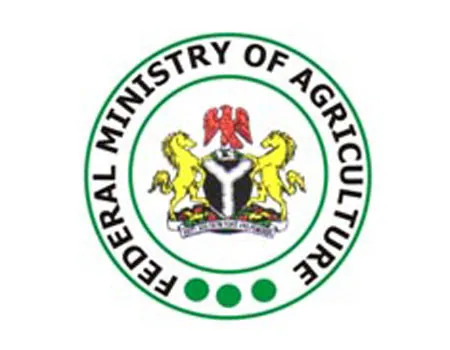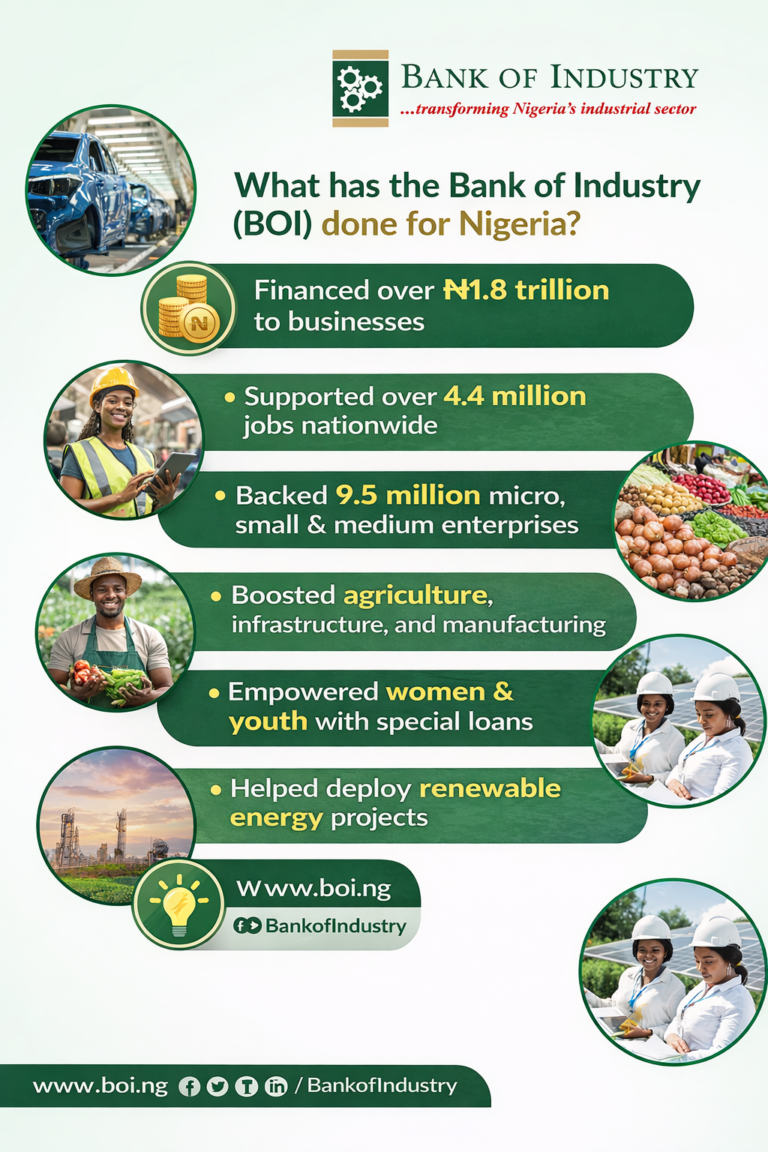The Federal Ministry of Agriculture and Food Security has called for solemn prayer sessions across its staff to seek divine intervention for food security and national development. Staff are expected to attend while fasting on three Mondays in June.
Federal Ministry of Agriculture, food security Nigeria, national development, government prayer session, Abuja ministries, fasting and prayer Nigeria, FMAFS, divine intervention Nigeria, Nigerian agriculture policy, public sector updates Nigeria
In an unusual but symbolic move, the Federal Ministry of Agriculture and Food Security (FMAFS) has called on its entire staff to participate in a series of prayer sessions aimed at seeking divine intervention for food security and national development.
Also Read:
- Federal Ministry Of Education Announces Masters and PHD Commonwealth Scholarships in the UK
- Nigeria Spends About $1.5 Billion Annually on Dairy Products Importation – Agric Ministry
- What Does 2025 Hold for Nigerian Agriculture?
- Business File: Lagos State Ministry of Tourism, Art and Culture Partners with Eko Wellness
According to an internal circular dated June 11, 2025, the ministry invited all directors, deputy directors, assistant directors, Value Chain Desk Officers, and general staff to gather for a 30-minute prayer session under the theme: “Divine Intervention for Protection and National Development.”
The prayer meeting is scheduled to be held at Conference Hall “B” at the FMAFS Headquarters in Area 11, Garki, Abuja. It will run from 12:00 noon to 12:30 p.m. prompt.
Signed by Mrs. Adedayo Modupe O., Director of Human Resource Management, the circular further instructs staff to come fasting on the following Mondays: 16th, 23rd, and 30th of June 2025.
The initiative appears to be a spiritual complement to the ministry’s policy and operational interventions in tackling Nigeria’s persistent food insecurity. By encouraging collective prayers, the ministry underscores the importance of unity, moral responsibility, and divine guidance in achieving the government’s agricultural transformation goals.
While some may view the action as symbolic, others interpret it as a reminder of the deep-rooted role of faith in Nigeria’s public service culture, especially in confronting national challenges such as hunger, poverty, and food inflation.
This prayer initiative comes amid growing public concern over rising food prices, farmer-herder conflicts, and disruptions in the agricultural value chain.
Whether spiritual mobilisation will yield tangible results remains to be seen, but it certainly reaffirms the ministry’s commitment, both practically and prayerfully, to Nigeria’s food security agenda.
























